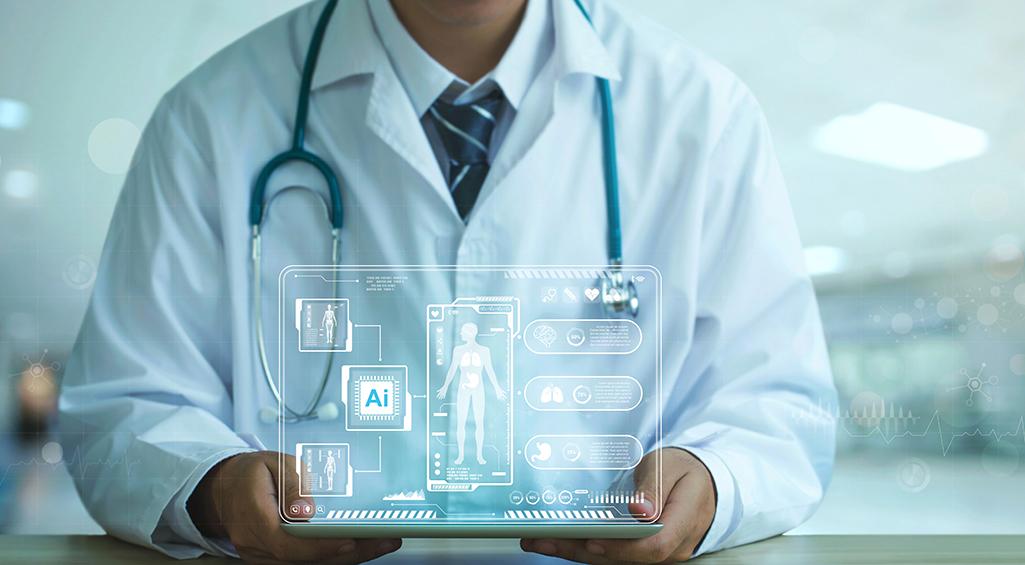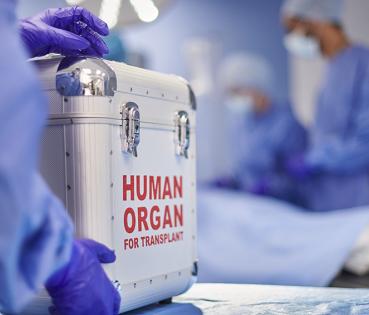
Four AI tools that will be implemented in medicine
Artificial intelligence (AI) is emerging as a crucial tool in the area of medical care and hospitals. Its importance lies in its capacity to revolutionise the way in which diseases are diagnosed, treated and managed, significantly improving the quality of the medical care and the efficiency of the hospital processes. These are some of the advances that will be applied in the immediate future:
1. Robot-assisted surgery
The first study on the use of robots in surgery, carried out in 2022 by Researchers from University College, London (UCL) and the University of Sheffield, affirmed that this practice is much safer, it reduces hospital stays and it accelerates patient recovery.
2. Assisted reading of mammograms
According to research published by The Lancet Oncology, mammogram interpretation aided by an artificial intelligence (AI) software programme allowed 20% more cases of cancer to be detected than the normal double reading method by two radiologists and it does not increase the amount of false positives.
3. Precision medicine
The latest analysis by Health Futures at Microsoft Research on AI and the future of health indicates that artificial intelligence will improve the traditional models of medical care, giving priority to prevention, accurate therapy and connected care technologies.
4. Artificial Intelligence and Internet of Things
The IoT (Internet of Things) is starting to be introduced, little by little, into healthcare, both for doctors and for patients. Ultrasound scans, thermometers, glucose monitors or electrocardiograms are all beginning to become connected, allowing patients to monitor their own health.




